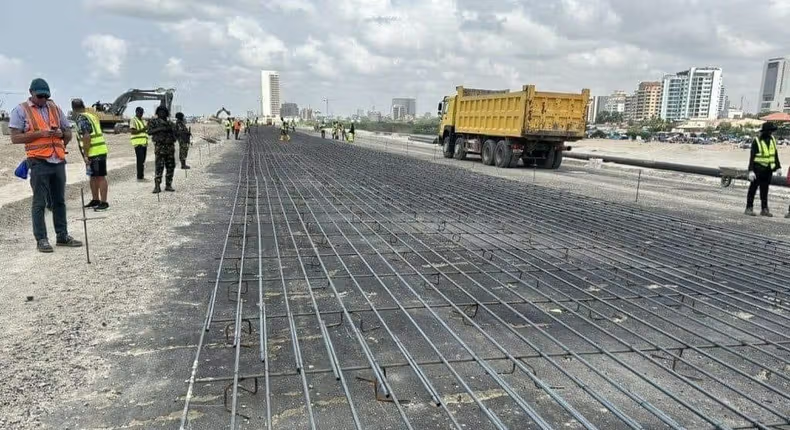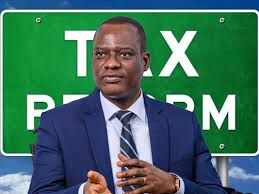Embarking on a journey towards enhanced infrastructure, the Minister of Works, David Umahi, has shed light on the financial landscape of the ambitious Lagos-Calabar highway project. This strategic endeavor, set to redefine connectivity along Nigeria’s coastal regions, has sparked both curiosity and controversy.

Amidst swirling debates, Umahi has stepped forward to disclose crucial details, providing clarity on the project’s cost per kilometer. In this unveiling, we delve into the intricacies of the project’s economics, dissecting assertions and offering insights into its significance for the nation’s development trajectory.
Former Vice President’s Criticism
Former Vice President Atiku Abubakar previously criticized the project, alleging that the Federal Government intended to allocate ₦8 billion for each kilometer of the 700 km road project. Atiku also questioned why President Bola Tinubu awarded the contract to Gilbert Chagoury’s Hitech without competitive bidding.
Minister’s Response
Responding to these claims, Umahi stated on Tuesday, April 9, 2024, that Atiku misunderstood the figures and found his comments disrespectful.
During an appearance on Television Continental on Wednesday, April 10, 2024, the minister refuted Atiku’s assertions about the project’s cost.
Umahi clarified that the current design of the road under construction differs from its original plan, which consisted of eight lanes without train tracks.
Lagos-Calabar coastal road Detailed Explanation
He explained, “The coastal road we are constructing has a total of 10 lanes, along with shoulders. The total shoulders measure about 23 meters. When you consider the concrete pavement we’re laying, it totals about 59 meters. When you factor in the flexible pavement, it’s about 23 meters.”
Umahi continued, “So, according to his calculations, it would amount to over ₦19 billion per kilometer. However, what we’re actually spending, when divided, amounts to ₦5.167 billion. When you factor in our adjustments, it comes down to ₦4 billion per kilometer.”
Comparison of Costs
He highlighted that despite the challenging terrain, their cost estimate remains lower than Atiku’s claimed amount.
Funding Model
Umahi also revealed that Hitech Construction would finance the project under the Public-Private Partnership model.



